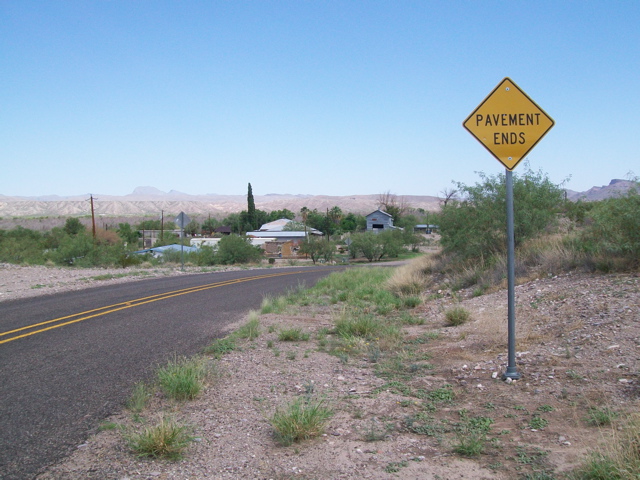Gov. Beshear, Rep. Rogers launch statewide broadband network – The Ohio County Monitor: Reliable, high-speed Internet is coming to every county of the state, and supporters say the broadband project will be the key catalyst for profound and sweeping growth in job creation, health access and education.
To celebrate the construction of the statewide KentuckyWired, I-Way broadband network, Gov. Steve Beshear, Congressman Hal Rogers, state and local officials and hundreds of citizens gathered at Hazard Community and Technical College to learn more about KentuckyWired and how Kentucky’s future will benefit from broadband.
The broadband project will begin in eastern Kentucky and over the next three years will spread throughout the state.
* * *
The leaders also called on communities and local providers to get ready for the project by preparing the “last mile,” or the Internet hookups from the broadband “highway” to homes and businesses. (Emphasis added)
It's one thing to build middle mile Internet infrastructure such as the project reported here. But the value of that middle mile infrastructure can only be fully realized when it connects homes, businesses and institutions via last mile infrastructure. Merely issuing calls to communities and local providers to build it is no assurance that last mile infrastructure be constructed in a timely manner, particularly given the business model and financial challenges. There needs to be a holistic plan to build a complete telecommunications system. Otherwise there's the very real risk of ongoing Internet access disparities as I previously commented.
